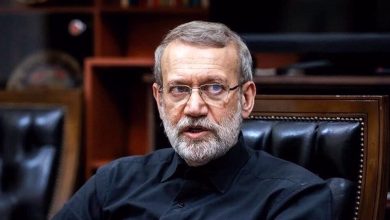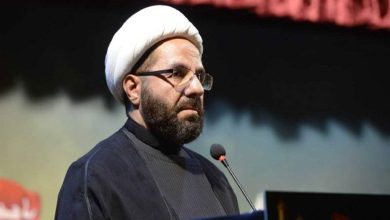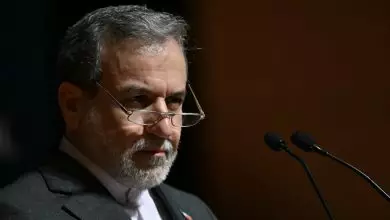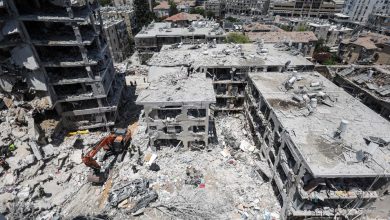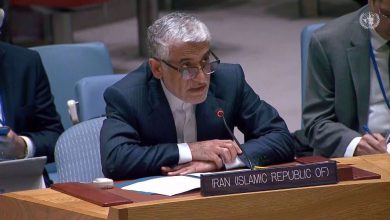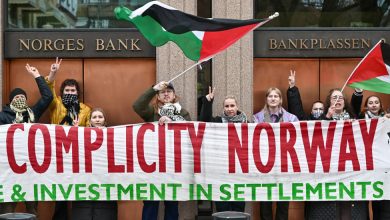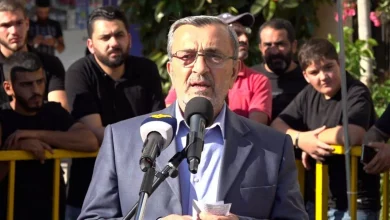Imam Ayatollah Khamenei advises worshippers to be mindful of their communication with the Supreme Owner of the universe
In a statement directed to the 31st National Prayer Conference, Imam Khamenei expressed commendation for the dedicated efforts of Hujjat al-Islam Mohsen Qara’ati.
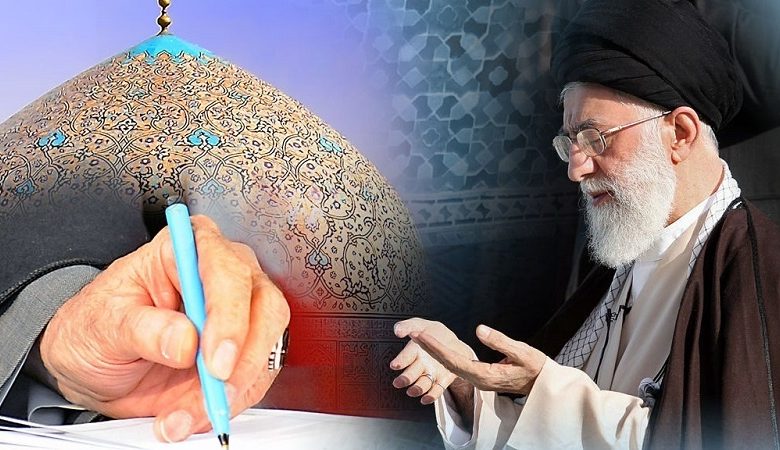
Imam Ayatollah Khamenei encouraged worshippers to perform their prayers on time and for them to maintain their focus and complete attention during their prayers so that their prayers may affect their hearts, souls, and actions both as individuals and in society. Imam Khamenei said that this is particularly important for the youth.
According to Pars Today, citing the official website of the Office of the Leader of the Islamic Revolution, the text of Imam Khamenei’s message is as follows:
In the Name of God, the Compassionate, the Merciful
Praise God that this blessed series of Prayer Conferences has continued over the years, and the sincere endeavors of Mr. Qara’ati (may his blessings continue) have been fruitful. As anticipated, the Prayer Conferences have continued, and it is hoped that the blessings from them will continue.
My strong recommendation is first, to perform prayers at the beginning of their prescribed times, and second, to strive to maintain focus and presence of heart [during prayers]. The worshippers should remember that they are speaking to the Owner of the entire universe and the Master of the Day of Resurrection. Prayer that has these two features will affect the heart and soul of the worshippers and also their actions as individuals and in society. This recommendation is particularly important for the youth. It’s hoped that God will bestow success upon them in doing this.
May God’s greetings and mercy be upon you.
Seyyed Ali Khamenei
December 25, 2024

